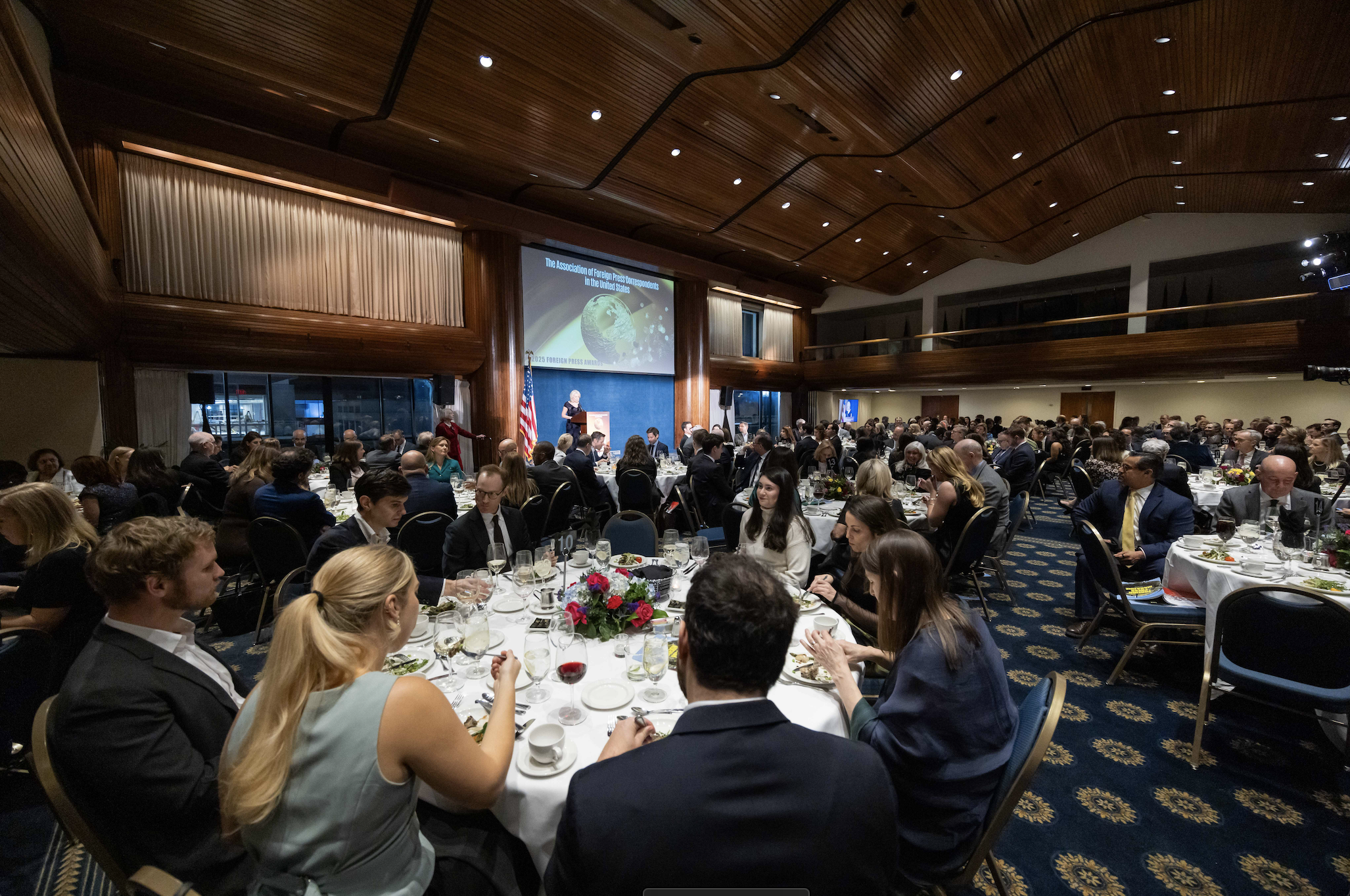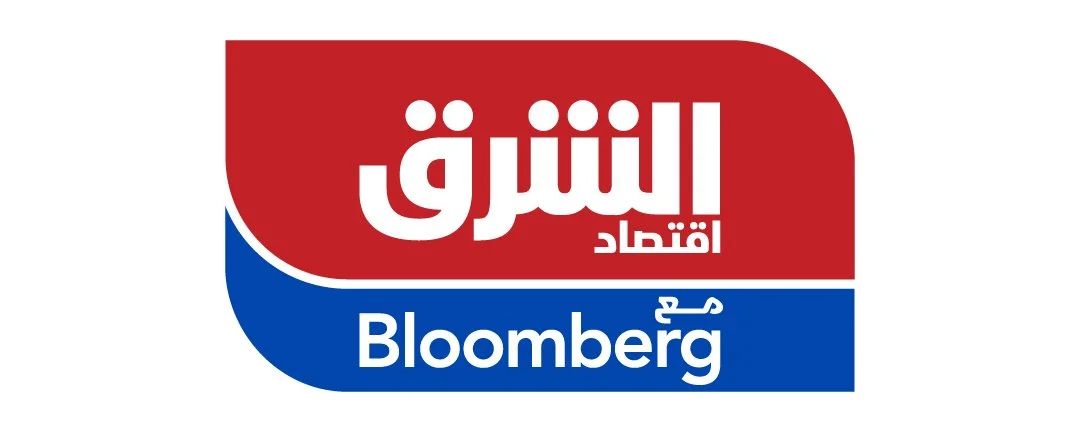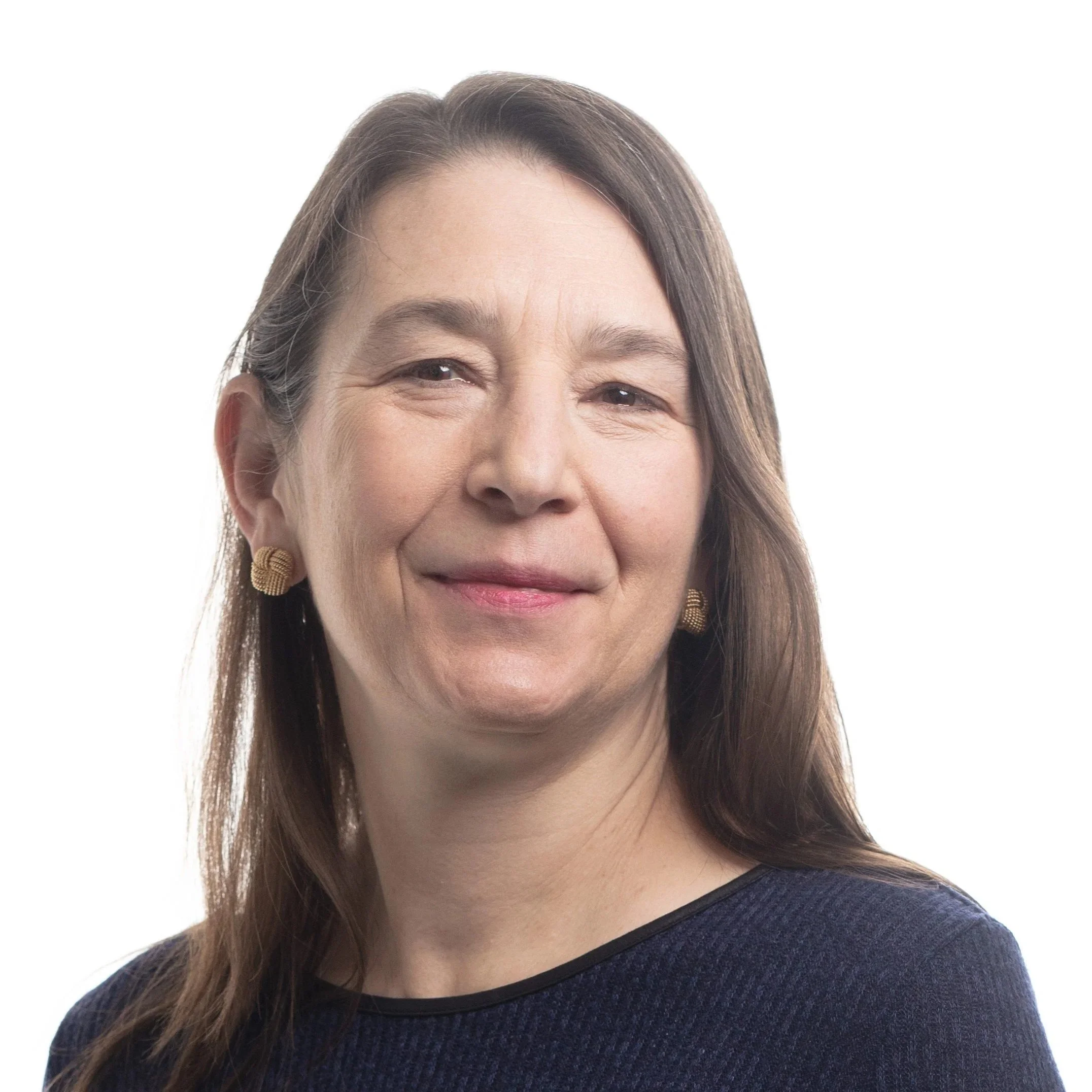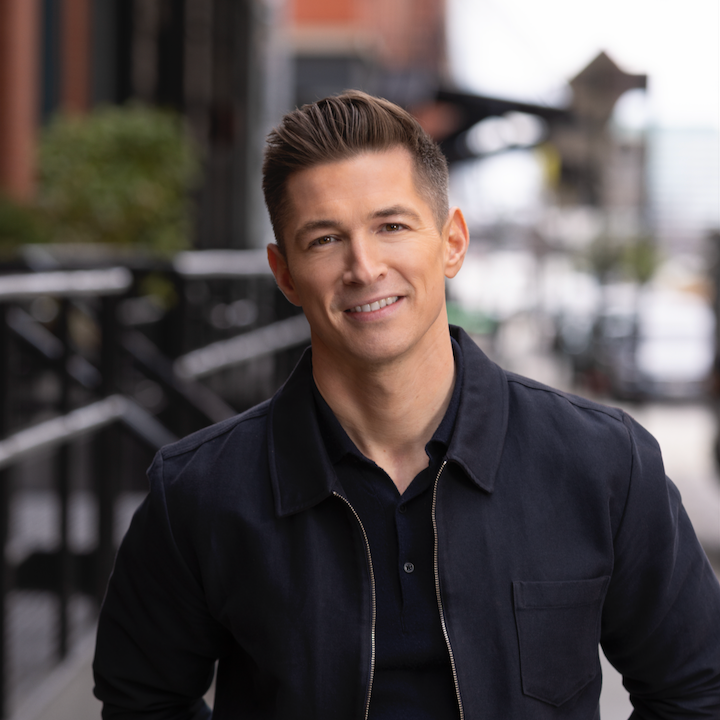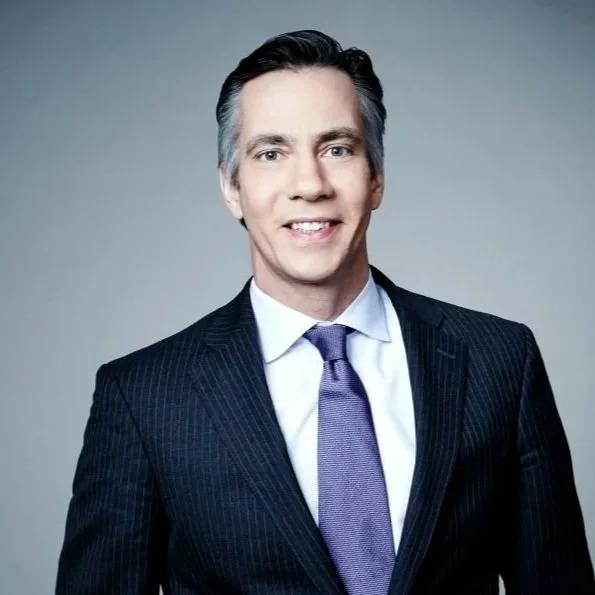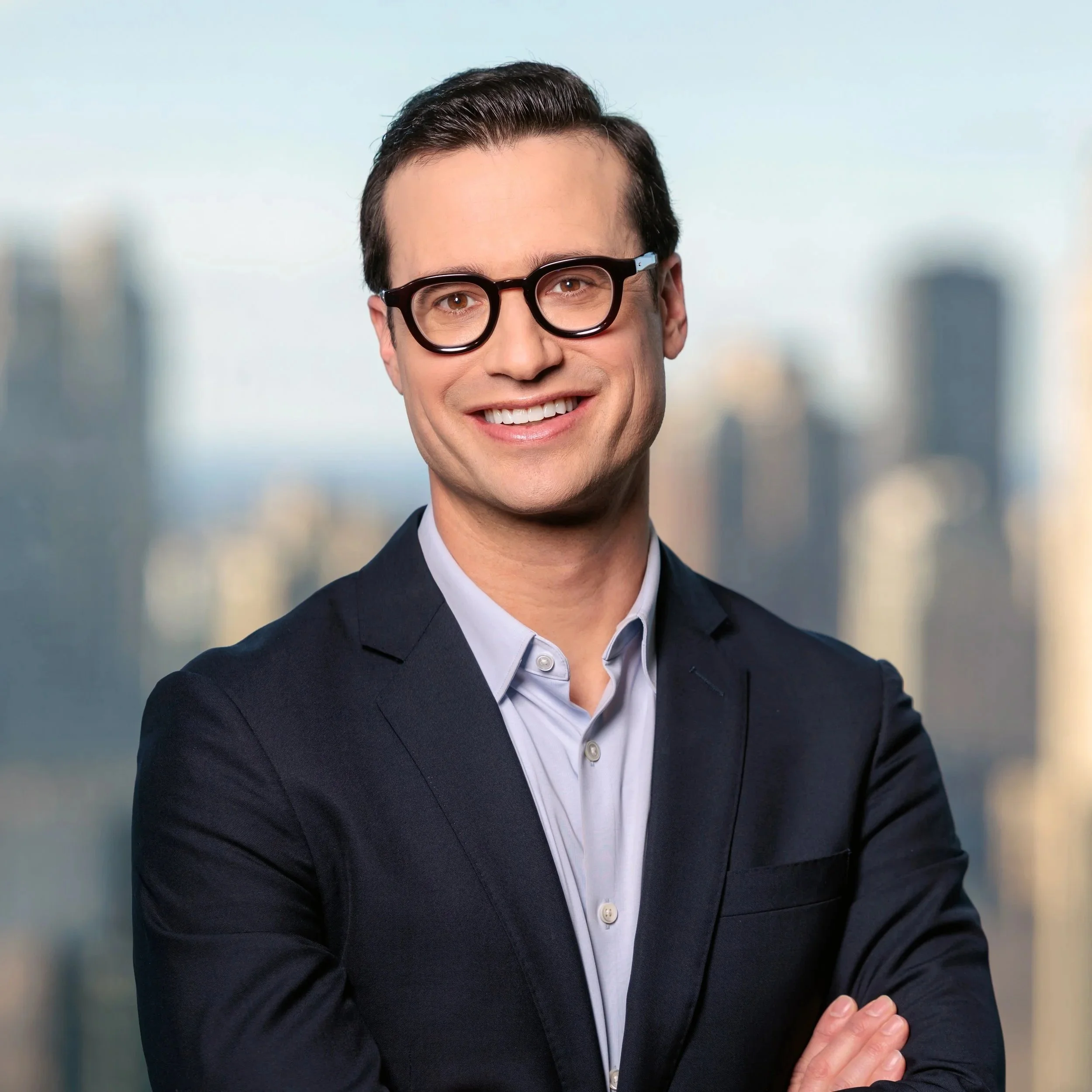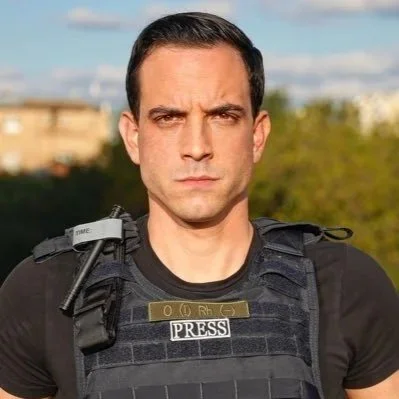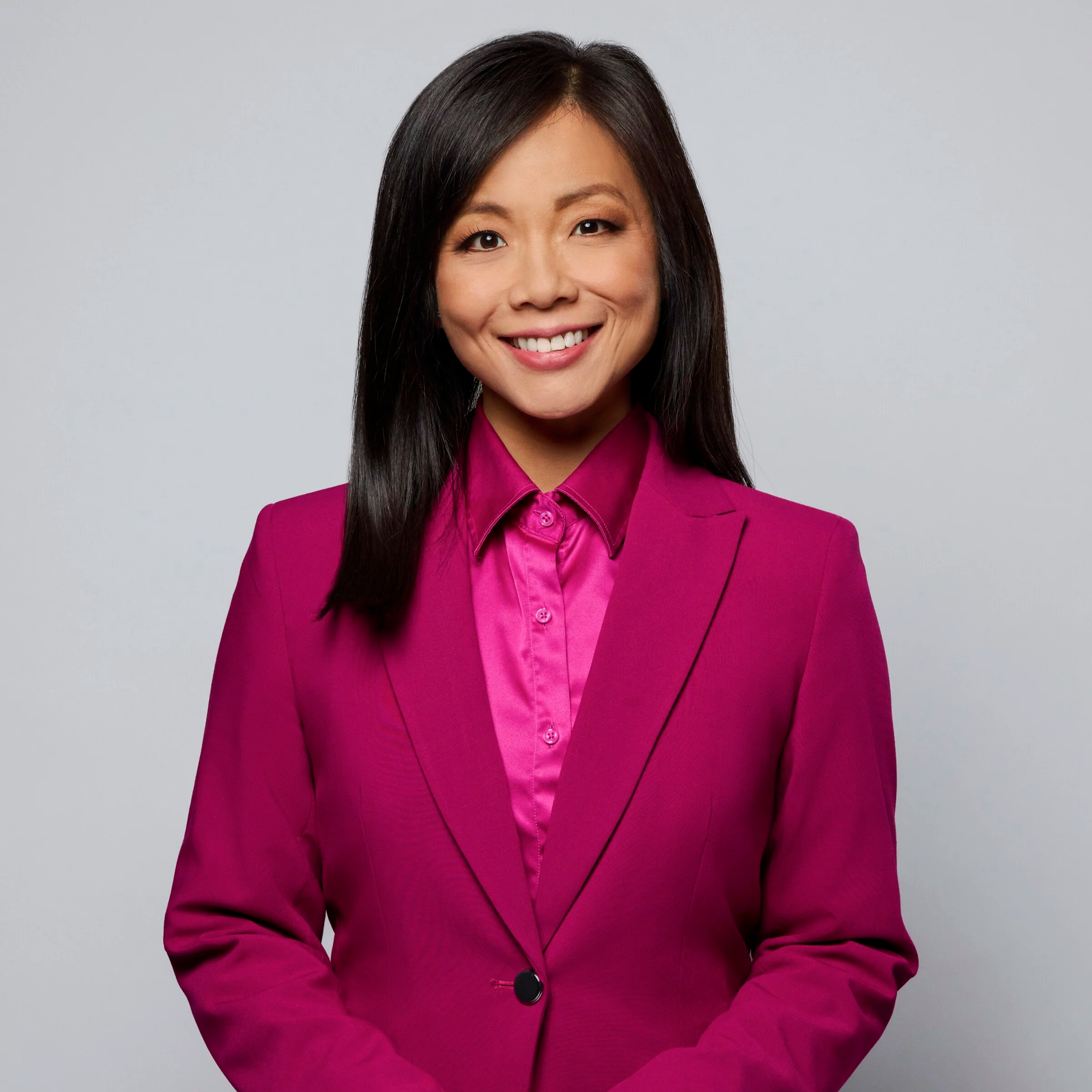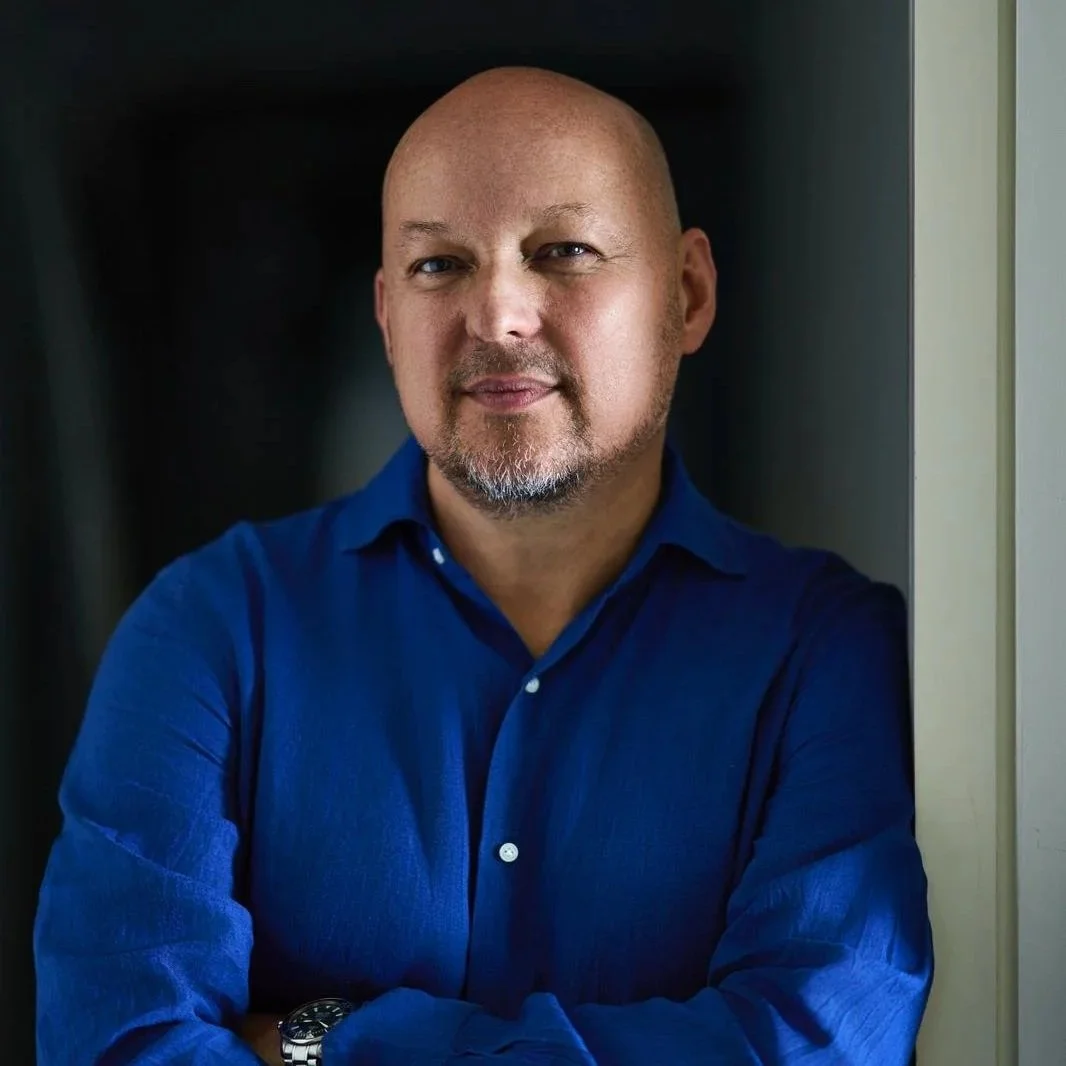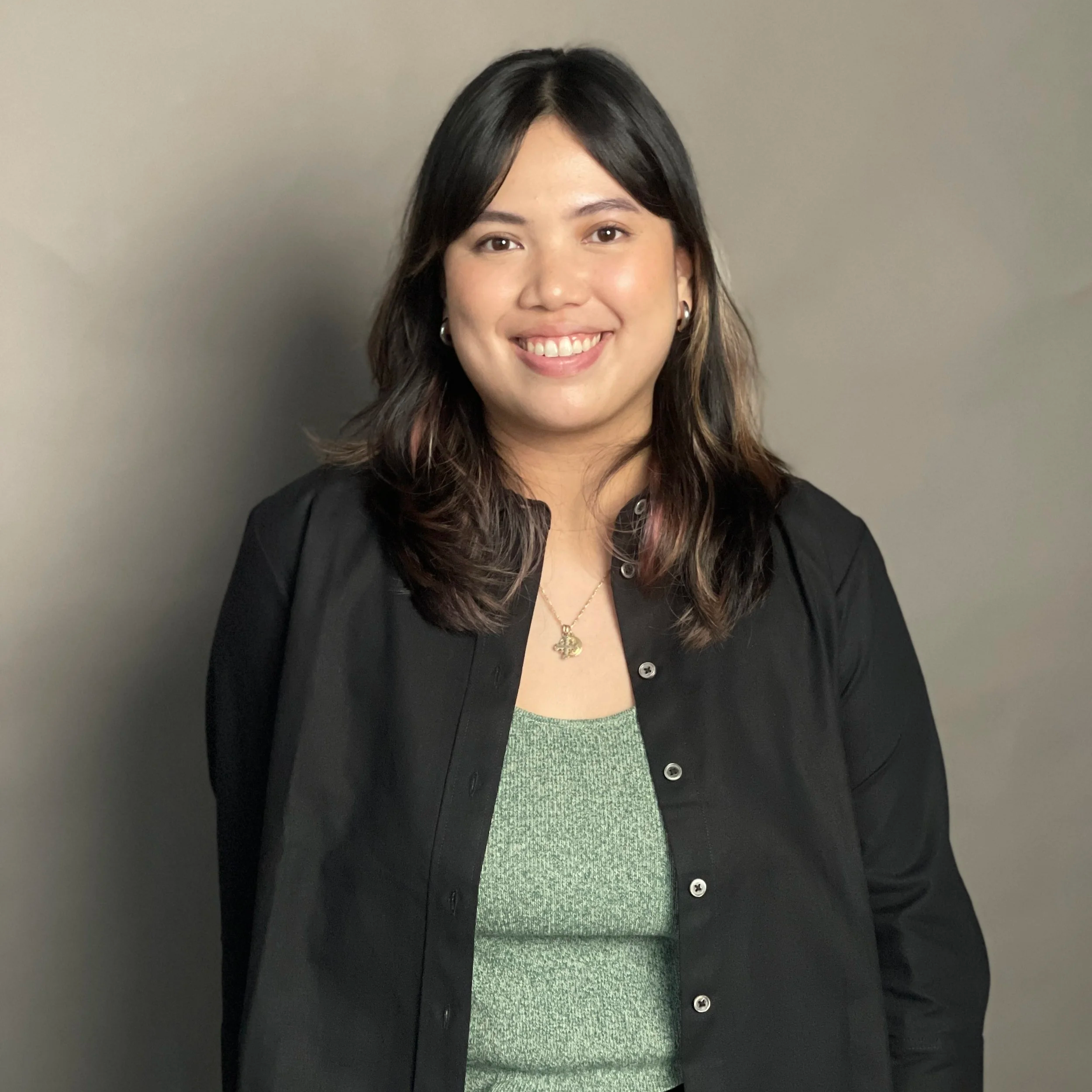2025 Foreign Press Awards – National Press Club, Washington, D.C.
On December 4, 2025, in the Ballroom of the National Press Club in Washington, D.C., the Association of Foreign Press Correspondents in the United States (AFPC-USA), together with the international correspondents’ community, hosted the Annual Foreign Press Awards Gala.
This distinguished evening celebrated journalists who continue to inform, inspire, and uphold the values of a free and independent press around the world. The 2025 Foreign Press Awards brought together international media, diplomats, and leaders from academia, business, philanthropy, and the social impact sector to honor exceptional reporting that has shaped global understanding and brought critical stories to audiences everywhere.
The 2025 awards honored Andrea Mitchell (NBC News) with the Honorary Foreign Press Award in recognition of her lifetime contribution to international journalism; Al Jazeera Network with the Press Freedom Award for its unwavering commitment to independent journalism and the defense of press freedom; and the Prize of Excellence recipients — Brooke Masters (Financial Times), James Longman (ABC News), Jim Sciutto (CNN), Tim Stenovec (Bloomberg), Trey Yingst (FOX News), Weijia Jiang (CBS News / White House Correspondents’ Association President), and Yaroslav Trofimov (The Wall Street Journal) — for their distinguished contributions to journalism and their impact on global understanding.
During the Gala, the Association also presented the 2025 Scholarship Awards to outstanding international correspondents pursuing master’s degrees in journalism at U.S. universities, as part of its mission to support the next generation of global reporters: Sofia Tomacruz (Columbia University – School of International and Public Affairs), Sofiia Khodieva (graduate studies in photojournalism), and Xiaoman “Ava” Hu (UC Berkeley – Graduate School of Journalism).
We are pleased to share highlights from this memorable evening. Below, you can watch the official Gala video and browse the photo gallery featuring our honorees, scholarship recipients, and guests at the National Press Club.
Andrea Mitchell, 2025 Honorary Foreign Press Award recipient, addressing the 2025 Foreign Press Awards ceremony.
Andrea Mitchell discusses the future and current state of journalism, reflecting on her career and today’s media landscape in a conversation with Stephanie Ochoa at the 2025 Foreign Press Awards.
During the Gala, one table was left symbolically empty in memory of the Al Jazeera journalist who was killed in Gaza.
Sissel McCarthy, Master of Ceremonies
Vice President Bob Rowley Leads Moment of Silence for Al Jazeera Journalist Killed in Gaza
Nancy Prager-Kamel opens the 2025 Foreign Press Awards Gala on stage.
Abderrahim Foukara, Al Jazeera’s Washington, D.C. bureau chief, delivering the acceptance speech for the 2025 Press Freedom Grant on behalf of Al Jazeera.
Thanos Dimadis, Executive Director of the Association of Foreign Press Correspondents in the United States, addressing the 2025 Foreign Press Awards at the National Press Club in Washington, D.C.
Mike Balsamo, President of the National Press Club, addressing the 2025 Foreign Press Awards.
Microsoft’s Chief Communications Officer, Frank X. Shaw, presents the 2025 Scholarship Awards to outstanding international journalism students.
Microsoft’s Frank X. Shaw with Sofiia Khodieva (Saf Homin), a Ukrainian photojournalism graduate student and AFPC-USA scholarship recipient.
Microsoft’s Frank X. Shaw with Sofia Tomacruz, a journalist from the Philippines and one of the 2025 scholarship awardees.
Frank X. Shaw with Xiaoman (Ava) Hu, a UC Berkeley data reporting master’s student and AFPC-USA scholarship recipient.
Xiaoman (Ava) Hu, 2025 Scholarship Awardee
Sofiia Khodieva, 2025 Scholarship Awardee
Sofia Tomacruz, 2025 Scholarship Awardee
Bob Rowley, Vice President of AFPC-USA, on stage presenting the 2025 Press Freedom Grant on behalf of the Association.
AFPC-USA Vice President Bob Rowley with Abderrahim Foukara, Al Jazeera’s Washington, D.C. bureau chief and recipient of the 2025 Press Freedom Grant on behalf of Al Jazeera.
James Longman, ABC News’ chief international correspondent, was distinguished with the 2025 Prize of Excellence at the Foreign Press Awards.
Zachary Reed, Senior Manager of Communications at Toyota North America, delivering remarks and addressing the 2025 Foreign Press Awards Gala on behalf of Toyota.
ABC’s James Longman with Gina Pesko Laughlin, Vice President of Global Communications at Delta Air Lines.
Gina Pesko Laughlin, Vice President of Global Communications at Delta Air Lines, delivering remarks and addressing the 2025 Foreign Press Awards Gala on behalf of Delta Air Lines.
Frank X. Shaw, Microsoft’s Chief Communications Officer, delivering remarks at the 2025 Foreign Press Awards.
Tim Stenovec, co-host of Bloomberg Businessweek Daily and Bloomberg Crypto and 2025 Prize of Excellence awardee.
Jim Sciutto, CNN’s chief national security analyst, was distinguished with the 2025 Prize of Excellence at the Foreign Press Awards.
Allison Bromley, Director of Public Investments at the Knight Foundation, delivering remarks and addressing the 2025 Foreign Press Awards Gala on behalf of the Knight Foundation.
Tim Stenovec, co-host of Bloomberg Businessweek Daily and 2025 Prize of Excellence honoree, with Allison Bromley, Director of Public Investments at the Knight Foundation.
CNN’s Jim Sciutto with Zachary Reed, Senior Manager of Communications at Toyota North America, during the 2025 Foreign Press Awards.
Orla O’Brien, Global Head of Public Relations at S&P Global, delivering remarks and addressing the 2025 Foreign Press Awards Gala on behalf of S&P Global.
CBS’s Weijia Jiang with Zachary Reed, Senior Manager of Communications at Toyota North America.
Brooke Masters, US Managing Editor of the Financial Times and 2025 Prize of Excellence awardee.
Weijia Jiang, CBS News’ senior White House correspondent, was distinguished with the 2025 Prize of Excellence at the Foreign Press Awards.
FOX’s Trey Yingst with George Svigos, Executive Director of Communications for Global Markets at General Motors.
Trey Yingst, FOX News Channel’s chief foreign correspondent and 2025 Prize of Excellence recipient.
Yaroslav Trofimov, The Wall Street Journal’s chief foreign-affairs correspondent, acclaimed author, 2025 Prize of Excellence recipient, and Correspondent of the Year.
Yaroslav Trofimov with George Svigos, Executive Director of Communications for Global Markets at General Motors.
George Svigos, Executive Director of Communications for Global Markets at General Motors.
Mitzi Perdue, Executive Board Member of the Association of Foreign Press Correspondents in the United States (AFPC-USA).
Mitzi Perdue, AFPC-USA Executive Board Member, presenting the 2025 Honorary Foreign Press Award to NBC’s Andrea Mitchell, NBC News Chief Washington Correspondent and Chief Foreign Affairs Correspondent.
Andrea Mitchell, 2025 Honorary Foreign Press Award recipient, with AFPC-USA Executive Board Member Mitzi Perdue.
Stephanie Ochoa, White House Correspondent for Entravision, moderating a discussion with Andrea Mitchell on stage at the 2025 Foreign Press Awards.
Andrea Mitchell discusses the future and current state of journalism, reflecting on her career and today’s media landscape in a conversation with Stephanie Ochoa at the 2025 Foreign Press Awards.
Andrea Mitchell with foreign correspondents and the Association of Foreign Press Correspondents team at the 2025 Foreign Press Awards Gala.
Supporters of the Foreign Press Awards 2025
NBC News Chief Washington Correspondent and Chief Foreign Affairs Correspondent
Recipient of the 2025 Honorary Foreign Press Award
Andrea Mitchell
Andrea Mitchell is NBC News’ Chief Washington and Chief Foreign Affairs Correspondent. A veteran political correspondent, Mitchell has covered every presidential campaign since 1980 as well as reporting on national security issues across all NBC News platforms. Mitchell's extensive coverage of the White House, Congress and the State Department includes the Reagan/Gorbachev summits, 9/11, Russia’s invasion of Ukraine, the Iran nuclear negotiations, conflicts in Haiti, Bosnia, Kosovo, Iraq, and Afghanistan, and assignments in China, Vietnam, Cuba, Haiti, Iran, North Korea, Pakistan, Israel and the Palestinian territories. She was a panelist for the 1988 Bush-Dukakis Presidential debate as well as in the NBC News Democratic Primary debate in 2015. In 2019, she co-moderated the fifth Democratic Presidential debate. From 2008 to 2025, Mitchell hosted “Andrea Mitchell Reports” on MSNBC.
2025 Prize of Excellence Awardees
Brooke Masters
Brooke Masters is the US Managing Editor of the Financial Times, overseeing editorial operations in the US and the Americas from its regional headquarters in New York. Since first joining the FT in 2006, Masters has held a number of roles; most recently serving as US Financial Editor (2022-2024), where she led a team of reporters covering financial services and wrote a business column for the opinion section.
JAMES LONGMAN
James Longman is ABC News’ chief international correspondent, and has been at ABC News as a foreign correspondent since 2017. Based in London, Longman has reported from over 60 countries across all seven continents, often at the forefront of the most important international events of our time.
jim sciutto
Jim Sciutto is CNN’s chief national security analyst and anchor of The Brief with Jim Sciutto weekdays at 6pmET on CNN International and CNN Max.
Tim Stenovec
Tim Stenovec co-hosts Bloomberg Businessweek Daily weekdays on Bloomberg TV and Bloomberg Radio, and Bloomberg Crypto on Bloomberg TV. He joined Bloomberg in 2020 with more than a decade of experience as a journalist. Before joining Bloomberg, he was an anchor at Cheddar, an editor at Business Insider, and a reporter at The Huffington Post.
Trey Yingst
Trey Yingst currently serves as chief foreign correspondent for FOX News Channel (FNC). He joined the network in August 2018. Yingst is leading FNC’s live coverage surrounding the Israel-Hamas war from the ground in Southern Israel. Previously, he covered Russia’s invasion of Ukraine, providing 24/7 coverage from the ground in Kyiv, the capital of Ukraine.
Weijia Jiang
Weijia Jiang is CBS News’ senior White House correspondent based in Washington, D.C. Jiang’s reporting is featured across all CBS News broadcasts and platforms, including the “CBS Evening News”, “CBS Mornings”, and CBS News 24/7, CBS News’s premier 24/7 anchored streaming news service. Jiang has covered the White House beat since 2018, including the transitions between presidential administrations.
Yaroslav Trofimov
Yaroslav Trofimov has worked around the world as a foreign correspondent of The Wall Street Journal since 1999, and has served as the newspaper’s chief foreign-affairs correspondent since 2018. He is also the author of three acclaimed books of narrative non-fiction and one novel that has been published in several languages. Yaroslav was a finalist for the Pulitzer Prize in international reporting in 2023, for his work covering the war in Ukraine, and in 2022, for his work on the Taliban takeover of Afghanistan, and won the National Press Club award for political analysis of the changing international order in 2024.
2025 Press Freedom Grant Recipient: Al Jazeera Network
2025 Scholarship Awardees
Sofia Tomacruz
Sofia Tomacruz is a journalist from the Philippines. She is currently completing a Masters of International Affairs at Columbia University’s School of International and Public Affairs, with a double-concentration in International Security Policy and Human Rights and Humanitarian Policy. She was a multimedia reporter at Rappler, the Philippines' leading online news platform, where she specialized in health, diplomatic, and defense news. Her coverage included stories on Philippine relations with the US and China, the South China Sea dispute, and the Covid-19 pandemic. As a freelance journalist, her reporting and research has been featured on The Washington Post and Channel News Asia. She was also a fact-checker for “Some People Need Killing,” a nonfiction novel on President Rodrigo Duterte’s drug war in the Philippines, written by investigative journalist Patricia Evangelista and named as one of the New York Times’, The New Yorker’s, and the Economist’s Best Books of 2023.
Sofiia Khodieva
Sofiia Khodieva, who works under the pseudonym Saf Homin, is a multidisciplinary creator specializing in storytelling to explore cultural memory, political imagination, and queer experiences. With an academic background in Ukraine and Fulbright research in the United States, Sofiia works across various media, including documentary photography, writing, and multimedia exhibitions. Their projects examine how media reveal and challenge societal power structures and personal narratives, often in international contexts. Their work has been published in The Financial Times, featured in books, and exhibited in countries such as Finland, Sweden, and the U.S. Sofiia is currently pursuing graduate studies in photojournalism, focusing on the ideological role of visual culture. They have also collaborated on a photobook of young Ukrainian photographers and created exhibitions reflecting themes of war and resilience. Merging journalistic rigor with artistic exploration, Sofiia emphasizes ethical representation in all their work.
Xiaoman (Ava) Hu
Xiaoman (Ava) Hu is a bilingual reporter specializing in data-driven and international stories. She has reported on immigration, higher education, and public records, with her work published in The Guardian, Houston Chronicle, AsAmNews, Initium Media, and Capital & Main. Hu is currently pursuing a master’s degree in data reporting at the University of California, Berkeley.

